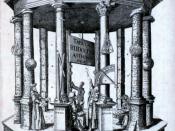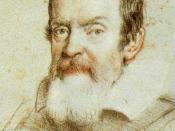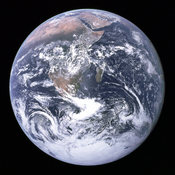Major turning points in the world are often due to new discoveries that leave a lasting impression on civilization. Such discoveries challenged beliefs and traditions of every culture in every century. During the medieval period of time, people believed that everything in nature and society were connected and the Earth was thought to be alive and untouchable. Philosophers compared society to a tree, with nobles and clergy on the top branches; merchants were included with peasants at the trunk and roots of the tree. These and other types of theories were set in motion by many Greek philosophers and had been accepted by society for centuries. This way of looking at the world did not support change. It was not until the study of science expanded and scientists began to question the assumptions of society and nature when a period of great transformation occurred. This change began in the mid-sixteenth century and ended in the mid-eighteenth century.
"This transformation of things led to a profound rethinking of moral and religious matters, as well as scientific theory" (W.H. 449). New types of thinking were inspired by scholars such as Copernicus who tried to simplify mathematics, and Newton who founded the idea that even the Universe was subject to mathematical laws. As these scholars replaced old ideas with new theories, they slowly changed the direction of society's thoughts. Scholars embarked on searching for laws that would rule over human behavior as well. What became known as the Scientific Revolution spread beyond the world of science and mathematics and brought along new inventions and newer ideas to civilization. The Scientific Revolution shattered medieval ideas, traditions, and views about nature and humans.
In Europe, before the Scientific Revolution, people believed what religion said about the world they lived in and the nature that surrounded...


